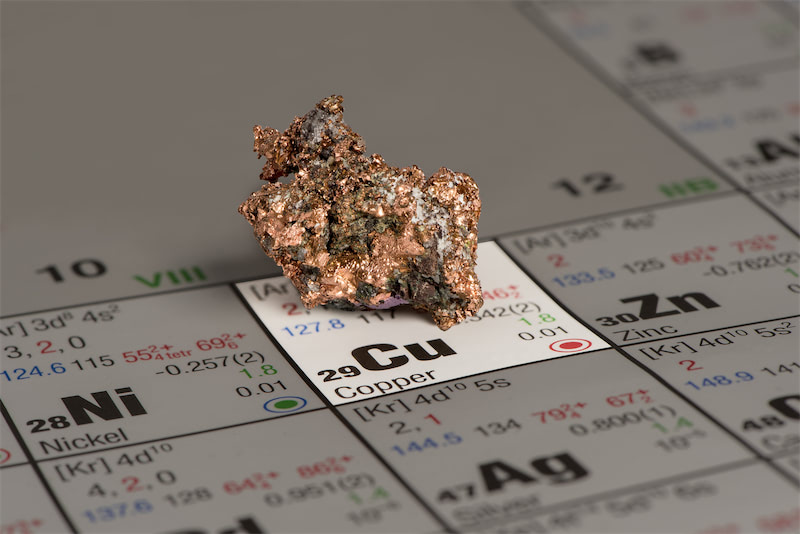According to the latest data, the economic performance of both China and the US in 2024 shows certain growth trends, but with different drivers and characteristics. The US economy grew 0.7% QoQ in Q3, with an annualized growth rate of 2.8%. Although this is below market expectations, it still demonstrates strong growth resilience. Meanwhile, China's economy slowed down quarter by quarter in the first three quarters, with YoY GDP growth rates of 5.3%, 4.7%, and 4.6%, respectively, facing some downward pressure. However, the timely stimulus measures introduced by the Chinese government are expected to boost economic growth in Q4.
In terms of imports: In October 2024, China's refined tin imports surged 55.11% MoM to 3,050.68 mt, mainly due to the gradual arrival of pre-ordered cargoes by import traders. Additionally, cumulative refined tin imports from January to October totaled 15,100 mt, down 34.81% YoY, reflecting changes in domestic tin market demand.
In terms of exports: During the same period, China exported 1,551.15 mt of refined tin, up 56.8% MoM and up 47.13% YoY. Notably, exports under the Processing with Imported Materials trade mode increased significantly by 288.43%, mainly to Singapore, South Korea, Japan, and other countries and regions. Cumulative refined tin exports from January to October reached 13,700 mt, up 33.75% YoY, demonstrating the competitiveness of Chinese tin products in the international market.
Considering the economic data of China and the US, as well as the import, export, and production of tin ingots, SHFE tin prices are influenced by multiple factors. On one hand, the robust growth of the US economy and the advantage of the US dollar exchange rate provide some support to the global tin market. On the other hand, the slowdown in China's economic growth and the implementation of stimulus measures may impact tin demand. Additionally, changes in the import, export, and production of tin ingots will directly affect SHFE tin prices.
From recent trends, SHFE tin prices have been fluctuating downward. This is mainly due to the significant increase in domestic tin ingot supply caused by the opening of the import window, while the demand side, although maintaining high growth in the automotive sector, is suppressed by the rising US dollar index. It is expected that in the near future, SHFE tin prices will continue to maintain a fluctuating downward trend, but specific price fluctuations will need to be closely monitored in relation to international and domestic economic conditions, policy changes, and changes in the supply and demand situation in the tin market.

![The Most-Traded SHFE Tin Contract Opened Lower and Then Traded Stronger, Spot Market Recovers Amid Downtrend [SMM Tin Midday Review]](https://imgqn.smm.cn/usercenter/WWXJU20251217171753.jpg)
![The most-traded SHFE tin contract fluctuated rangebound during the night session, with downstream enterprises mostly following up with small-lot transactions. [SMM Tin Morning Brief]](https://imgqn.smm.cn/usercenter/bYFQn20251217171752.jpg)
